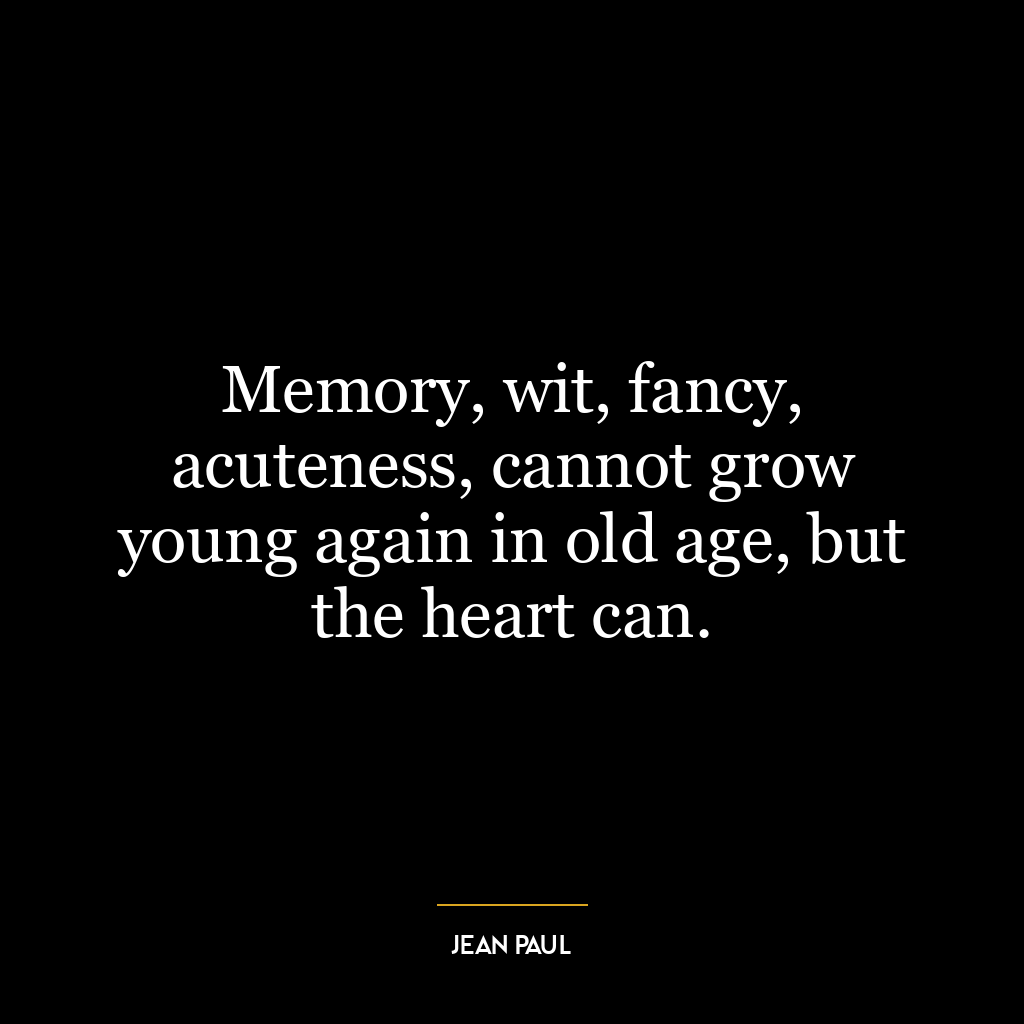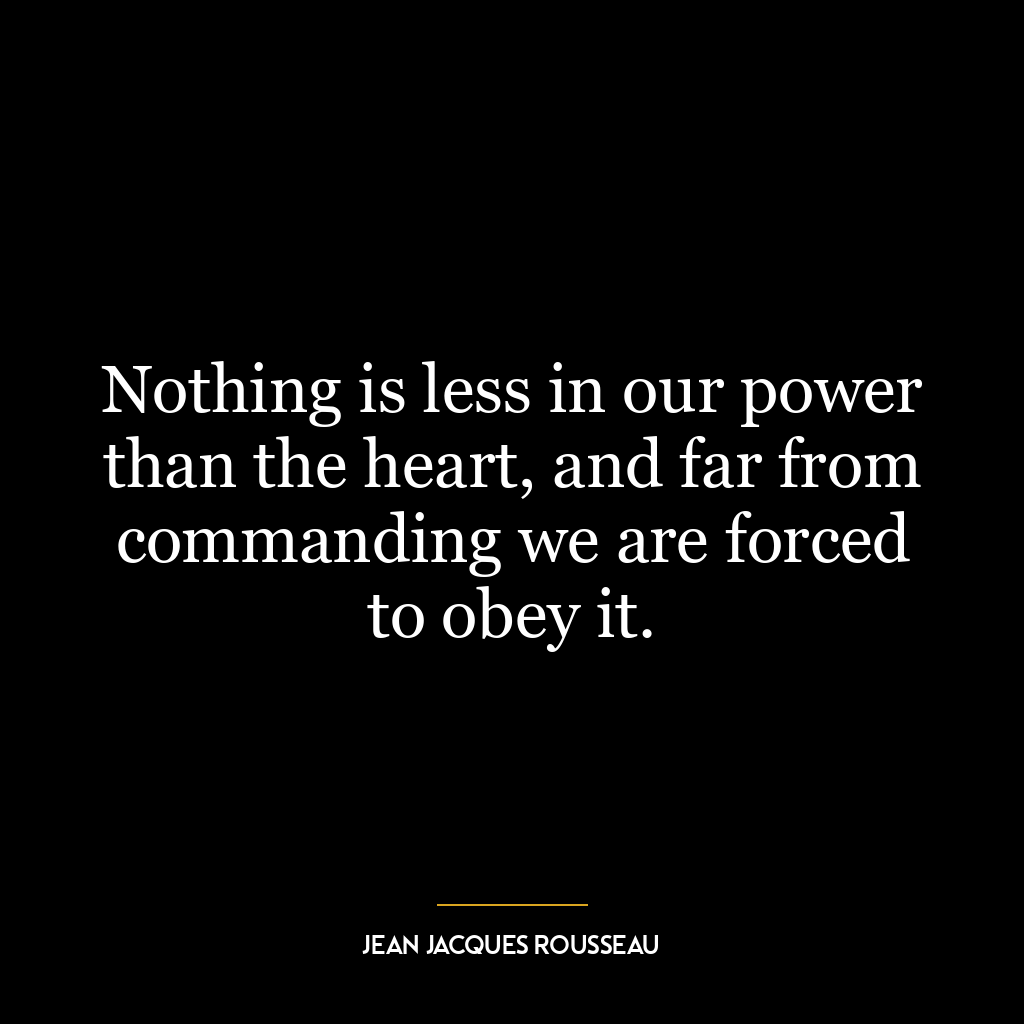Surely if men’s hearts were right, short sermons would be enough.
This quote suggests that if people had the right intentions and moral compass, there would be no need for lengthy sermons or lectures to guide them towards righteousness. The “short sermons” symbolize succinct and straightforward guidance, implying that individuals with a sound heart or conscience can grasp the essence of morality without extensive explanation.
The phrase “men’s hearts were right” refers to a state where one’s intentions, thoughts, and emotions are aligned with virtues like honesty, kindness, empathy among others. In such a state of moral clarity and wisdom, detailed instructions or long-winded teachings may become unnecessary as one can easily understand what is righteous and just.
In today’s context, this could apply in various scenarios – personal development, leadership roles in organizations or even parenting. For instance in personal development: if an individual truly understands the value of discipline – they won’t need constant reminders or extensive motivational speeches to stick to their workout routine or maintain their productivity levels at work; they’ll do it because they understand its importance.
In leadership roles within organizations: If employees inherently understand the company’s values and ethics then leaders wouldn’t have to spend excessive time on detailed instructions about ethical behavior at work. Employees would naturally act in line with these principles making for a harmonious working environment.
As parents too: If children are raised with strong moral values from an early age – parents wouldn’t have to constantly lecture them about right from wrong; children would instinctively choose actions that align with those values.
Therefore this quote underscores the importance of cultivating virtues within oneself which simplifies decision-making processes by reducing reliance on external guidance. This idea promotes self-reliance while also emphasizing moral integrity as a cornerstone for effective functioning both individually and collectively.








